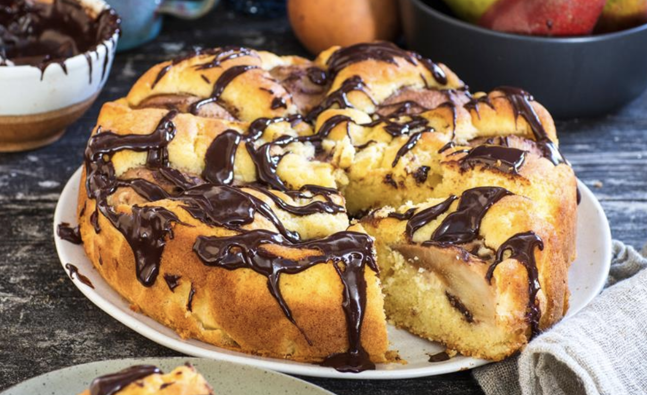Have you ever finished a huge meal but still found room for dessert? Some people might talk about having a separate stomach for desserts.
It turns out that your brain might be driving you to eat that sweet treat even though you don't 'need' it.
Recent research in the journal Science found that the same nerve cells that signal 'you’re full' also spark cravings for you wanting something sweet.
Deep within a part of your brain called the hypothalamus are special cells known as pro-opiomelanocortin (POMC) neurons. They are well known for their role in telling us when we’re full - however, these neurons have been found to have a surprising double life. When sugar enters your mouth, POMC neurons release natural opioids, like ß-endorphin, which trigger a rewarding sensation making us want more of the sugar even if our stomach is already full.
The researchers found this out using experiments on mice. First, they bathed slices of mouse brain tissue in a fluorescent solution that binds to opioid receptors. They found that the highest density of these receptors was in a brain region known as the PVT, a key player in regulating feeding behaviours. This hinted at a direct link between the fullness signal and sugar cravings. They then let some lab mice eat their regular meal. After about 90 minutes, when the mice were clearly full, introduced a dessert of sugary food. Neuronal activity between the arcuate nucleus and the PVT spiked to nearly four times the level observed during the meal.
Interestingly, this surge began before the mice even started eating the dessert, suggesting that the brain anticipates the sweet treat. To confirm this pathway, the scientists used a technique called optogenetics which uses light to control cells. When they inhibited the signals from the POMC neurons to the PVT, the mice consumed 40 percent less dessert. This confirmed that these satiety neurons, far from solely curbing appetite, also drive our desire for sugar when we’re full.
The researchers hypothesise that this might be evolutionary. Sugar was once a rare and quick source of energy and our brains evolved to seize opportunities when they come around, which may have meant eating more energy rich foods when you’re already full.
While sugar is now plentiful, that ancient wiring could still make us crave a sweet finish to our meals.
Understanding that our dessert cravings have a neurological basis might help pave the way for new approaches to combat overeating and obesity. By targeting the specific brain pathways that drive sugar cravings, future treatments could help reduce excessive sugar consumption without dampening overall appetite.
Next time you’re tempted by that slice of cake after dinner, remember: it’s not just a sweet tooth, it’s your brain’s finely tuned system working as it has for millennia.
LISTEN ABOVE
Take your Radio, Podcasts and Music with you










